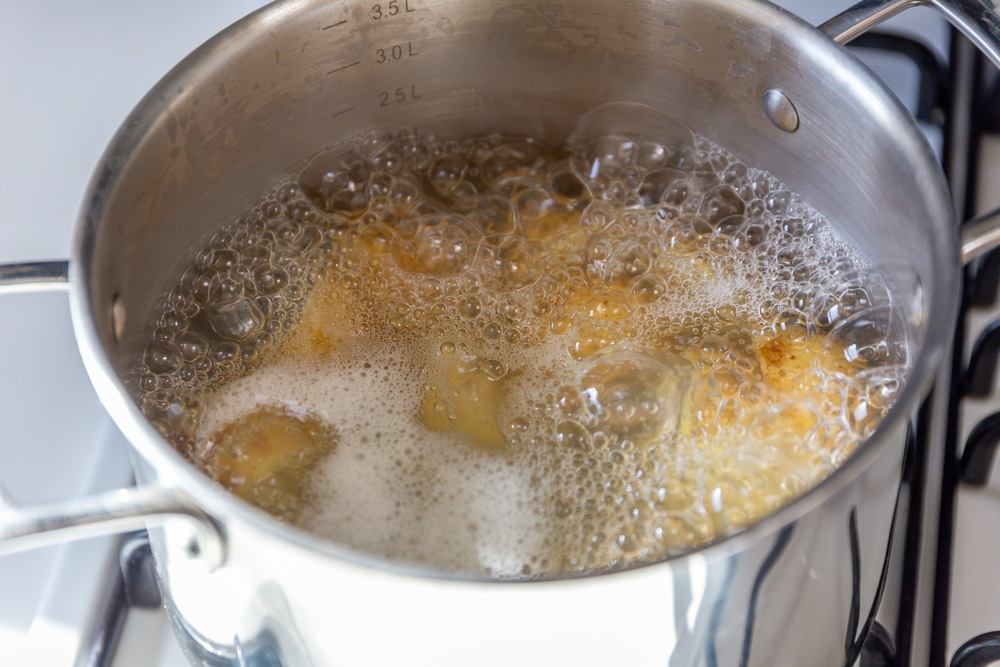When we talk about hard water the conversation in generally about how hard water damages toilets, faucets and water using appliances. Or we talk about how hard water affects your dishes and causes dry itchy skin.
Water is a vital component of any cooking or baking process, and while you might not think the waters hardness or softness impacts your processes, but they really do. Let’s go over a few important reasons why cooking with soft water is beneficial.
Taste Considerations
It’s well known that softer, purer water helps ingredients maintain their flavors in the foods you cook. One example is if you’re baking dough – hard water has a significant impact on yeast, making the gluten structure far too tough and creating dough that’s stiff and hard. In addition, pH levels even out the standard acidity found in yeast fermentation, which will impact the final taste of your baked goods.
Liquids and Sauces
If you regularly enjoy beverages like tea or coffee, know that their taste will be significantly impacted by whether you use hard or soft water. Soft water has lower (or even no) limescale content, which can significantly detract from taste in these kinds of beverages.
In addition, research has shown that soft water will “accept” flavors more easily than hard water. If you’re using hard water when you make soups, sauces or similar liquids, then, you’re risking an impurity concentration over twice as high as if you were using soft water. Some beverages will even turn cloudy or dark when using hard water, such as when brewing ice tea.
Cooking Vegetables
Cooking vegetables can add to their flavor, but you’re limiting yourself if you use hard water. First of all, hard water makes it take longer to cook veggies – it makes their skins tougher, meaning you have to overcook them and they’re often bland in taste as a result. Using soft water, on the other hand, takes less time and brings a softer, purer flavor. It also optimizes the vitamin content you get from them.
Harder Skins
Many foods that have skins – not only veggies – are susceptible to hard water. Consider dried beans, whose skins will become much tougher when submerged in hard water and will be much more difficult to cook.
In fact, Van Camp used to advertise that their beans were better because they are cooked in soft water.
For more on cooking with hard versus soft water, or to learn about any of our water softening or water treatment solutions, speak to the pros at Kinetico today.

